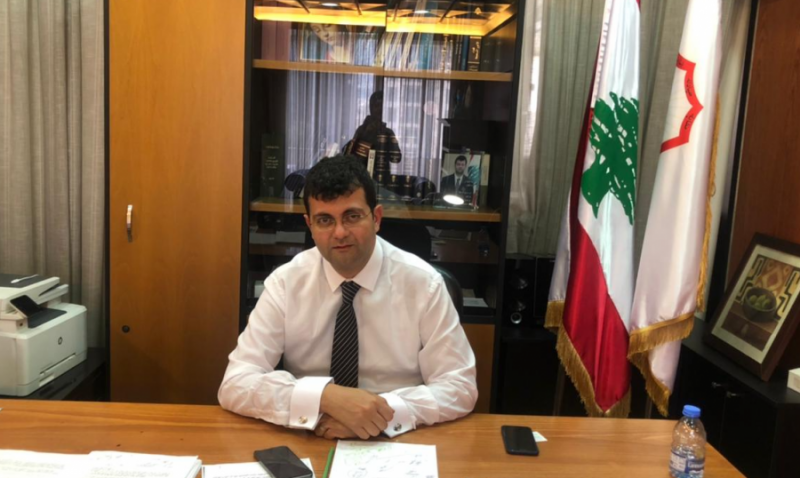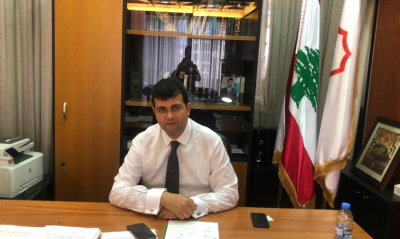The Head of the Pharmacists' Syndicate in Lebanon, Joe Saloum, confirmed that pharmacies in the southern villages are suffering from a shortage of medicines. Distribution companies have halted the delivery of medications to the frontline villages due to Israeli shelling, which has prevented the representatives of distribution companies from reaching these areas on the grounds that insurance does not cover any damage to company vehicles or the safety risks on the roads.
Saloum emphasized in a conversation with "Asharq" newspaper the importance of having the pharmaceutical sector well-prepared, expressing fears over the potential loss of medicines in pharmacies if the war escalates, particularly since the state lacks the means to secure and deliver medications to patients. He warned that if the war expands, the situation will become more challenging, and patients may not find medicines, stating: "I am responding to the cries of patients, in my call to those in authority to address these gaps to prevent a new tragedy. If we recognize the magnitude of the situation, we must act by providing instructions, preparing warehouses, and ensuring they are equipped with power to maintain the temperature of medicines in refrigerators without interruption of electricity, especially for critical disease medications."
He added: "Talk of Lebanon being fully prepared in the event of unexpected developments is truly laughable. In a notable comparison, Saloum pointed out that the Israeli enemy has entered a state of alert for war scenarios and has taken necessary precautions in anticipation of any conflict. The Israeli Ministry of Health issued instructions to equip hospitals with fuel, generators, and to clear car garages for use as fortified hospitals, as well as to provide hospitals with satellite phones ready to deal with communication outages. Meanwhile, Lebanon is preparing for war with an undeclared emergency plan that lacks a clear statement on how to enforce it at the local level."
He questioned who will cover the costs of treating the wounded in hospitals? Has there been a provision of medications for chronic and critical diseases during this period? Has there been a securing of medical supplies? Saloum concluded: "These questions stem from our concern for the priority of the patient or the injured if the war expands, God forbid. He believes there are many ways to avert the specter of war, and if the political authority is incapable of doing so, it is preferable that they resign."




